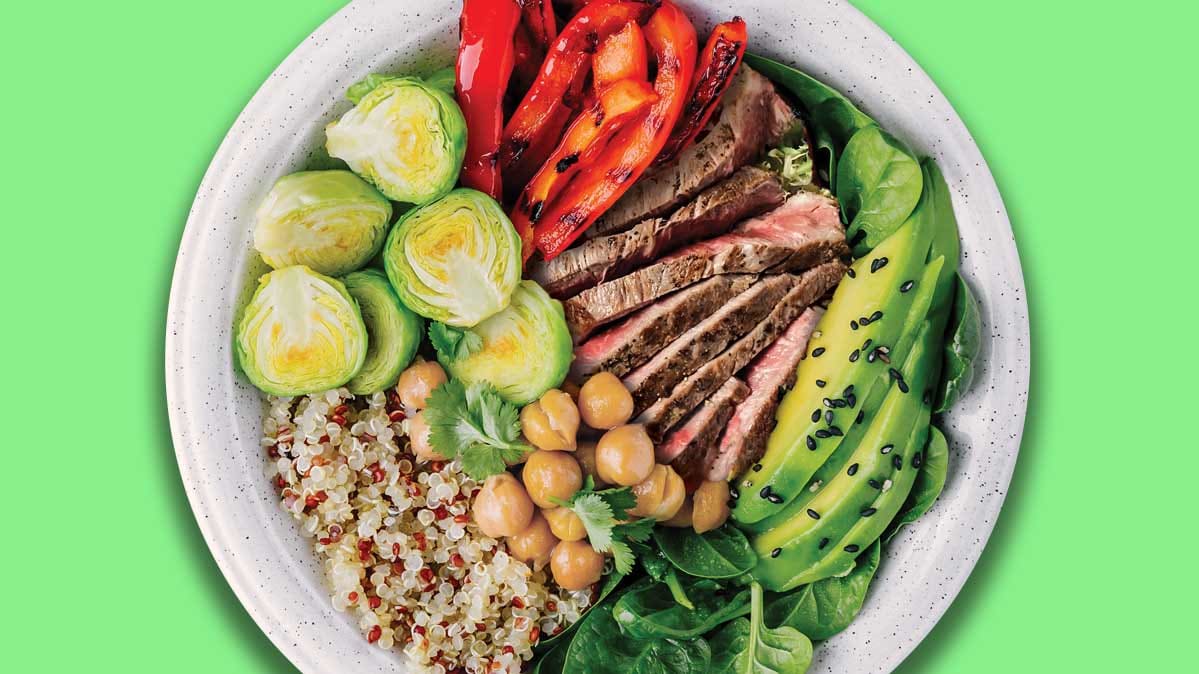How To Eat Meat Healthy

How To Eat Meat Healthy
Eating lots of meat has become a part of the modern Western lifestyle. While some people enjoy the idea of eating meat, there are also those who have concerns about the health risks associated with a diet high in animal products. The good news is that there are ways to enjoy meat without sacrificing your health. Here are some tips for eating meat healthy.
Choose Leaner Meats
If you're looking to cut down on fat and cholesterol, opt for leaner cuts of meat such as skinless chicken, turkey, and pork tenderloin. These cuts are lower in saturated fat and calories, which can help reduce your risk of heart disease. When selecting beef, look for cuts that are labeled "loin" or "round", as these are generally leaner than other beef cuts.
Eat in Moderation
When it comes to eating meat, moderation is key. The World Health Organization recommends limiting your intake of red meat to 500 grams per week. That's about the size of a deck of cards. Eating too much red meat can increase your risk of colorectal cancer, so it's important to stick to the recommended amount. You should also keep portion sizes in mind when eating meat; try to limit your portions to the size of your palm.
Opt for Organic
If you can, opt for organic meat. Organic meat comes from animals that were raised without the use of antibiotics, hormones, and other chemicals. This type of meat is not only healthier for you and the environment, but it also tastes better than conventional meat. Organic meat can be more expensive, so it's important to consider your budget when making your decision.
Cook Meat Properly
It's important to cook meat properly to ensure that it is safe to eat. Use a food thermometer to make sure that the meat has reached the proper internal temperature before consuming it. This will help to reduce your risk of foodborne illness. Additionally, avoid charring the meat, as this can release carcinogens that can be harmful to your health.
Add Vegetables and Whole Grains
When preparing a meal that includes meat, add some vegetables and whole grains to the mix. This will help increase the nutrient content of the meal and make it more filling. Vegetables and whole grains are a great source of fiber, vitamins, minerals, and other important nutrients. Additionally, they can help reduce your risk of developing chronic diseases such as heart disease and diabetes.
Conclusion
Eating meat doesn't have to be unhealthy. With the right choices and proper preparation, you can enjoy meat without sacrificing your health. Choose leaner cuts of meat, eat in moderation, opt for organic when possible, cook the meat properly, and add some vegetables and whole grains to the mix. By following these tips, you can enjoy a delicious and healthy meal.
What Types of Meat Are Healthy to Eat? | LIVESTRONG.COM

Healthy Meats Your Family Should Eat - Revolution MotherRevolution Mother

Choosing Healthy Meat | My Southern Health

A Meat Lover's Guide to Healthy Eating - Consumer Reports

Meat & Gut Health - Should you eat meat? Which meat is OK? - YouTube

The Healthy Meat that's Leaner & More Sustainable than Beef | Venison

Tips For Making Smarter Choices When Eating Meat - Viral Rang

Healthy Meats: Here Are the Best—and the Ones to Avoid | The Healthy

The Best Meat to Eat for Healthy Living - YouTube

Pin on would ya look at that!
